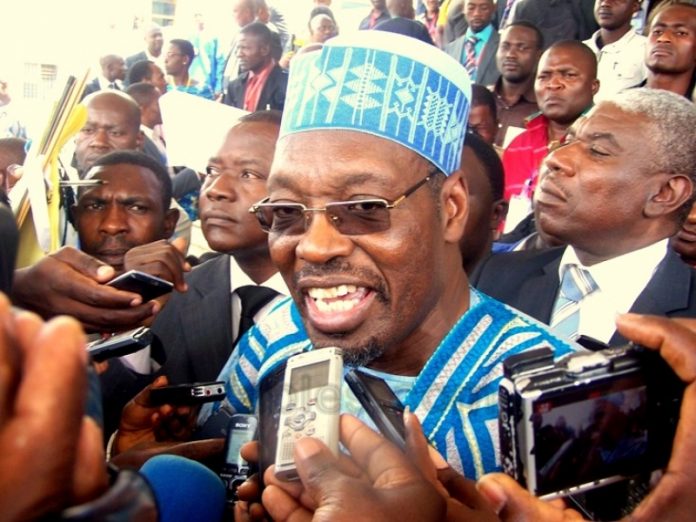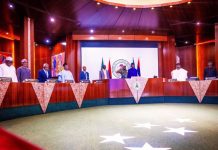By Mbom Sixtus
The incessant creation of media organs necessitates more stringent regulations. In recent times, the National Communication Council, NCC, and government have had to deal with scathing remarks from pressmen in Cameroon and international institutions such as Freedom House, US-based Committee to Protect Journalists and Reporters Without Borders which ranked Cameroon 126th out of 180 countries on the 2016 World Press Freedom Index.
Most of the criticisms stem from sanctions the NCC levies on journalists and media organs. But hardly do these critics look closer enough to assess the depths of irresponsibility embedded in some media outlets and journalists. The media law in Cameroon makes it easy for citizens from all walks of life to create and run media organs, with a hook that a minimum number of trained journalists must be part of it- apparently in a bid to ensure professionalism and respect for ethics. But a year hardly goes by without the NCC sanctioning media organs for unprofessional practices and disrespect of ethics.
The ease at which media organs are created in the country probably accounts for the proliferation of media outlets, some of which do not have staff that are knowledgeable about the basic dos and don’ts of journalism. Statistics from the Ministry of Communication show that there are 600 newspapers, 200 radio, TV and online media organs and 15 news websites in Cameroon. Defining who a journalist is, has been a worldwide debate for a longtime, and in most cases impelled by irresponsible reporting especially in the times of crisis. In Cameroon as elsewhere, many journalist learn the trade on the job while a good number of them go through tertiary institutions of journalism training. Who performs better is a debate of its own; but in the Cameroonian context, it is widely believed that trained journalists would know the limits of their freedoms, the principles and ethics they must respect to remain relevant – especially in an era where the profession is threatened by social media and fake news.
Some African countries have gone as far as barring citizens who do not hold at least a bachelor’s degree from practicing the journalism profession, while the Chairman of Cameroon’s National Communication Council, Peter Essoka holds the opinion that administrative tolerance related to obtaining licenses and creating media organs in Cameroon should be stopped. While waiting for his wishes to materialize, the council he chairs can only get tougher on defaulting pressmen and media houses while organizing trainings and journalism awards that encourage best practices and limit excesses in the exercise of press freedom.


















